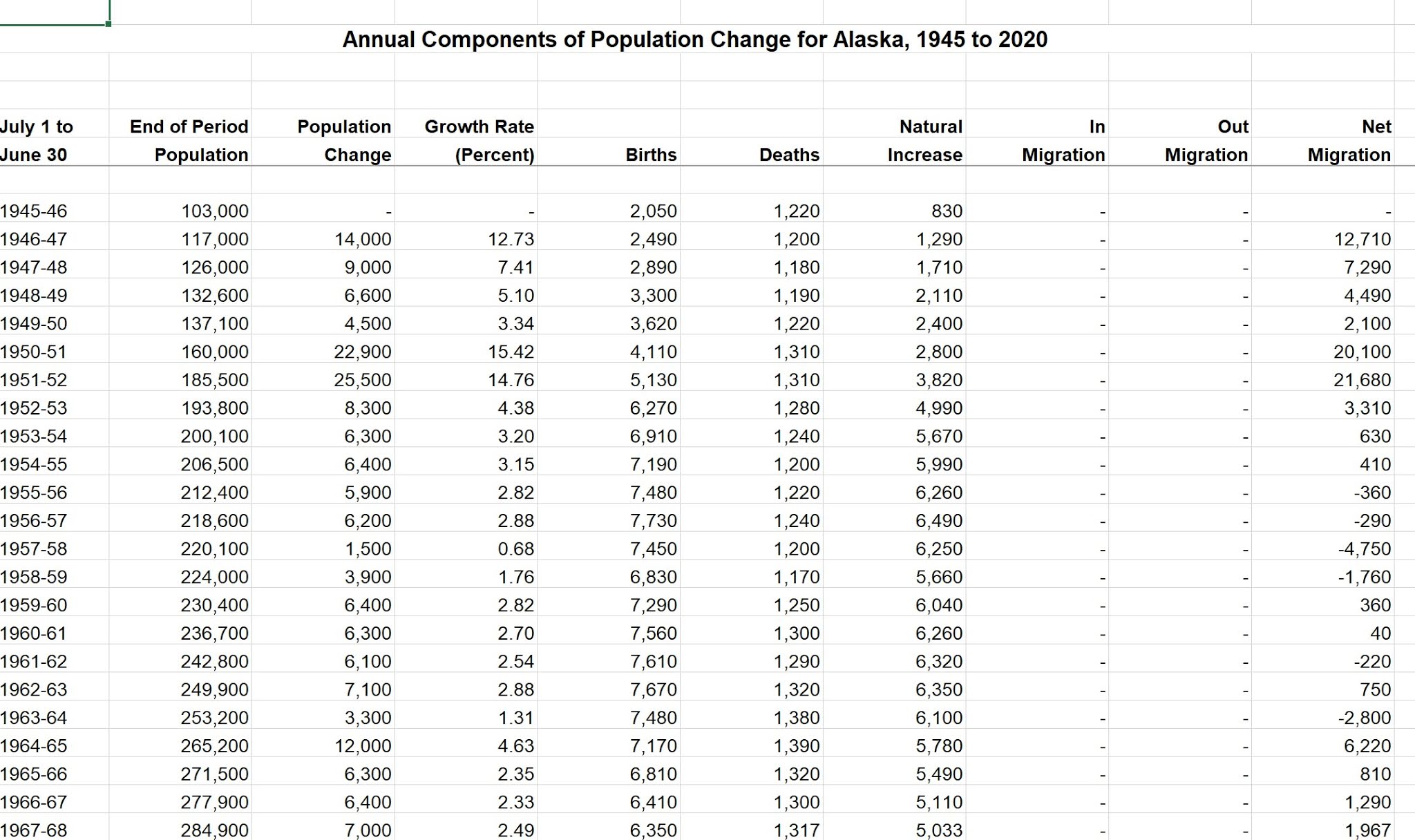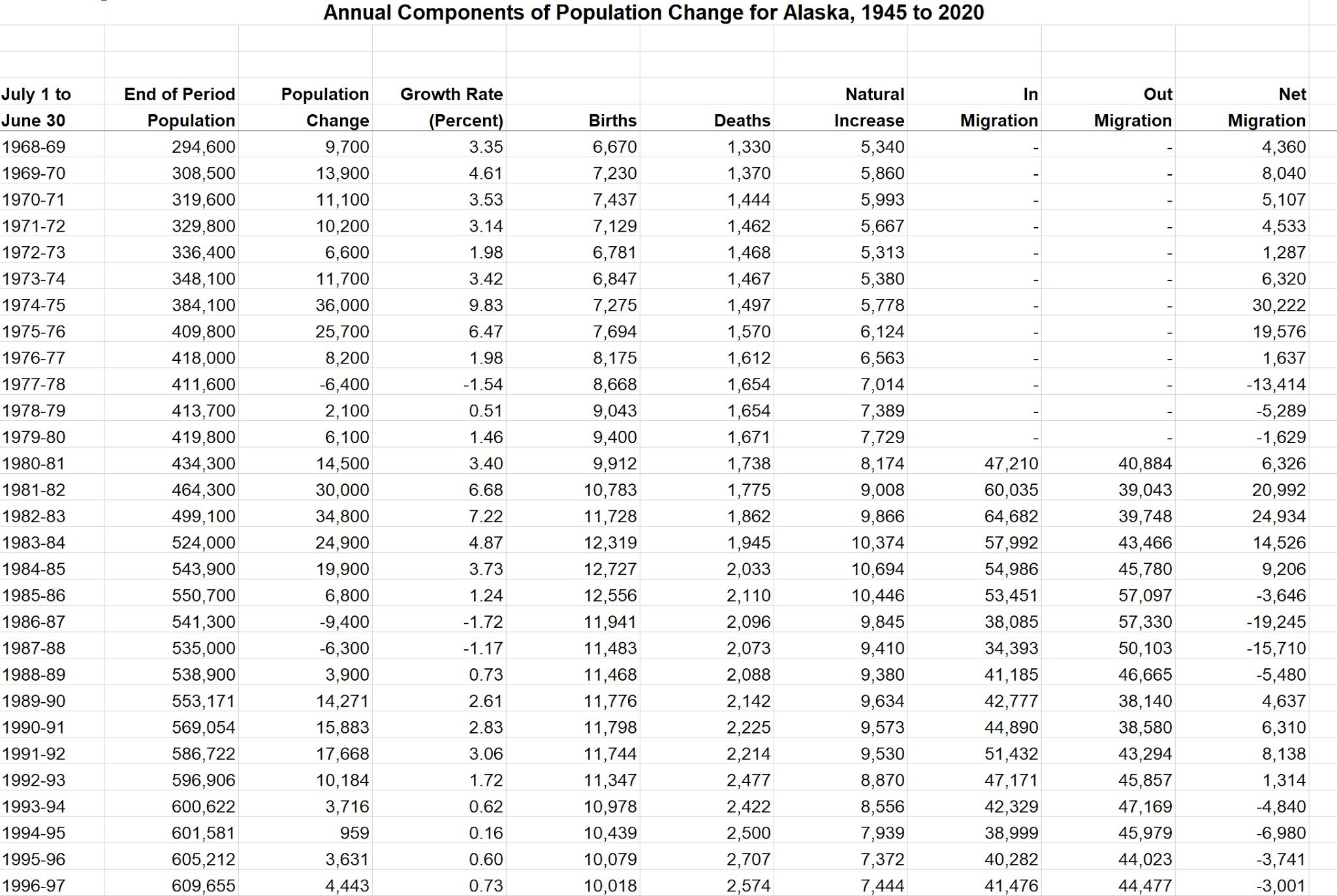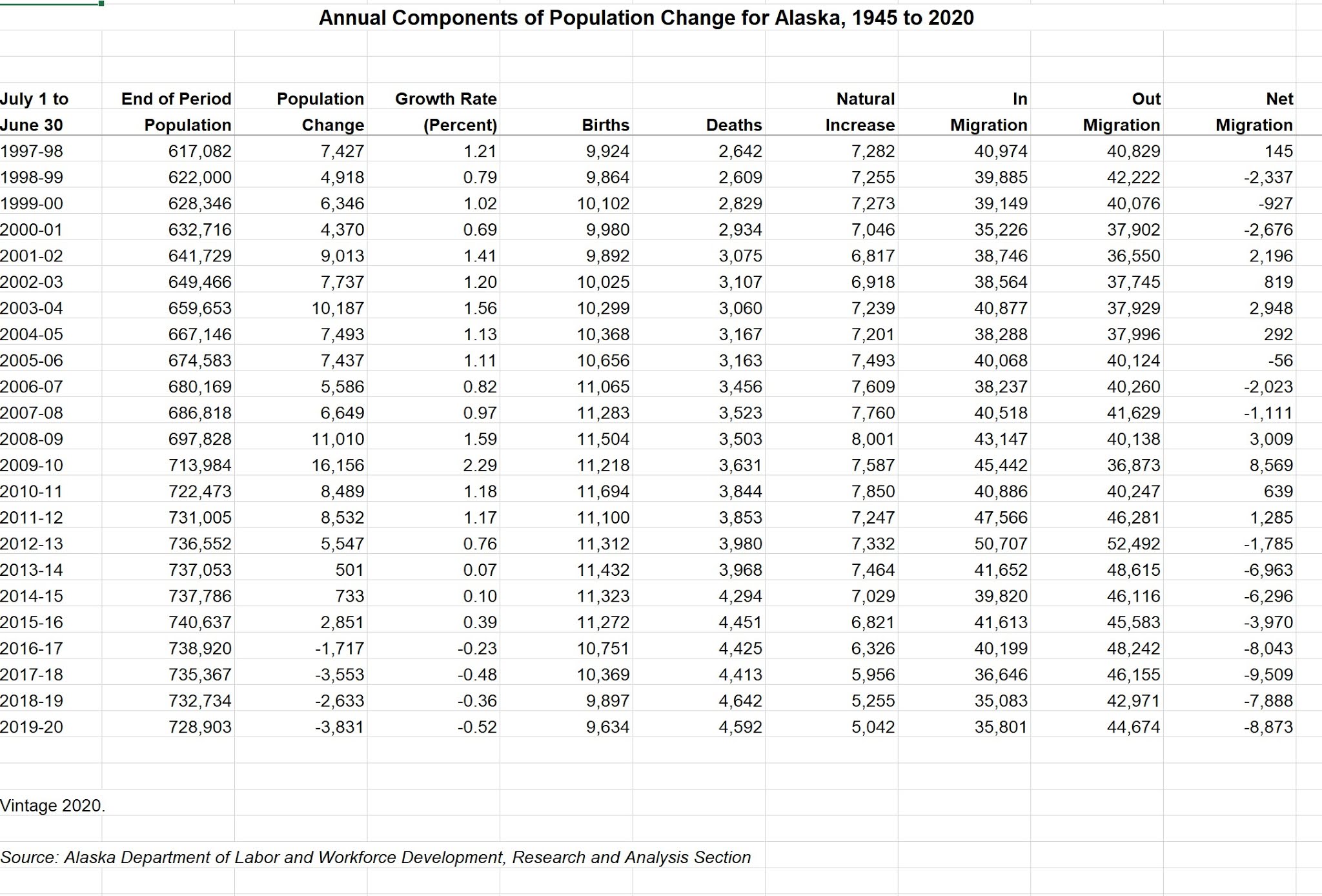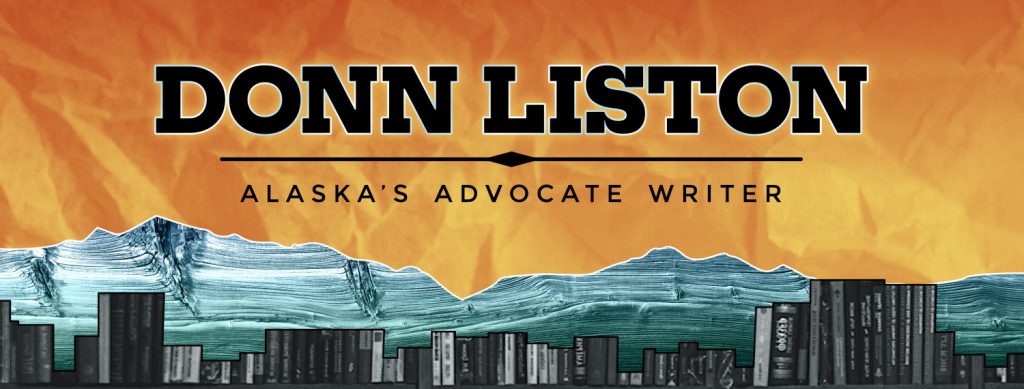Are Honest Alaskans Being Played for Fools?
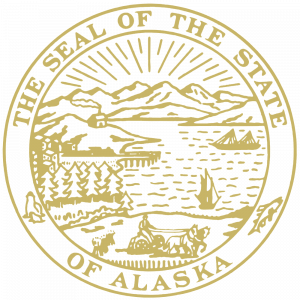
During the mid-1980s I volunteered to be an election worker at the Douglas #1 (04-330) voting precinct. I had my boat/home parked in the then minimalist harbor for a while, and was registered to vote there, so I thought it would be a good thing to do. They were very happy to have me as a Registered Republican join that team. My conservative political orientation in a community originally built by mining was now rare among residents in Douglas. This was proved by election results then and remains so today.
[1]
I remember distinctly how we approached the task of voting; somebody was the “Strawboss” and assigned each of us duties. We could do the job any variety of ways and every time I have voted since then has reminded me that the thick computerized book of names with information was a challenge for workers. Instead of finding the name of each approaching voter and turning the book 180-degrees for each one to sign after presenting their identification, I opted to have the book remain in place and voters signed upside down. As long as signatures were all signed in the same general configuration on the proper line it worked.
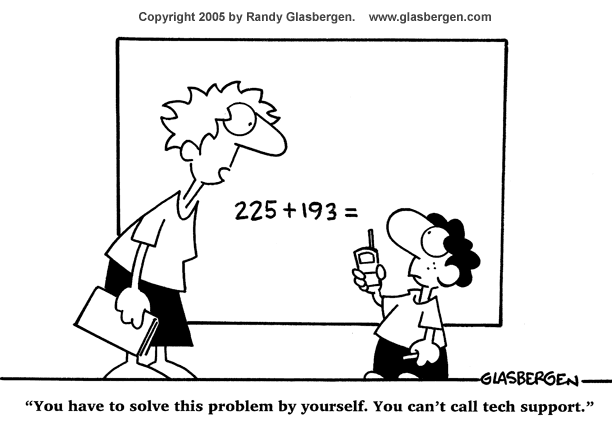
This issue is so basic and simplistic that I use teacher
cartoons for perspective
Each voter was then given a ballot in a sleeve. Each went to a booth to empty the sleeve behind a curtain before filling in appropriate bubbles with a pencil that was later read by a scanner at the head-shed. Anyone who was not registered in this precinct–or any other anomaly–were placed into a challenged vote envelope with information on the outside and put into the bin. After the voting poll was closed we dumped out the ballots and filled out a tally sheet using a common calculator, with numbers of votes in each category and totals. This was elementary arithmetic. The package of vote cards, sign-in book, tally sheets and anything else relevant, was then taken to the Division of Elections in Juneau for confirmation. Information about the election was made available to the news media and some of us stayed up late into the night to find out results.
Simple process, for honest people. I don’t know of any problems with this system anywhere in the state but for some reason this wasn’t good enough. The State of Alaska is responsible for the integrity of our election process and today our ballots are put into a sophisticated computerized scanner for tally automatically at the polling place.
Remember the time when anything messed up when dealing with the government was blamed on “the computer?” We are now dependent upon computers to tell us how we voted.

I don’t trust this way of voting. It isn’t enough that we all register online for everything and the data becomes voluminous as it is interfaced with everything else we have ever filled out online in the World Wide Web. I was amazed at the amount of Outside money poured into wack-job candidates for U.S. Senate and Congress in 2020. Adding to my skepticism, after that election, I was notified by Lt. Gov. Kevin Meyer that I was one of some 119,000 Alaskans who had been “hacked,” and my personal information may be compromised! VOTER INFORMATION. How can this be? Isn’t protecting the integrity of our elections the primary job of our Lt. Governor–besides protecting the state seal?
Now I’m worried about the state seal.
Apparently Alaska bumpkins are expected to accept this invasion of our privacy as part of the Brave New World where the only people who have any privacy are those rare individuals who do not vote, or apply for a PFD, or enroll in government services. I don’t know any people who are that wise among us but the future of our cherished democratic republic is in trouble if we expect computers and world-wide networks to protect it.
[2]Brave New World, Alex Huxley
Alaskans cannot be this stupid.
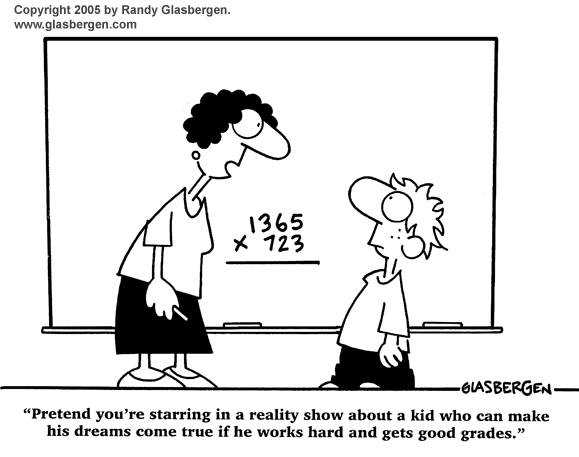
Let’s examine Alaska population numbers over the last decade
I am not interested in conspiracy theories. As an Alaskan with a stake in our Permanent Fund and the natural resources of this state under the constitution, I am accountable today and to future generations who might wonder what happened. I have watched Alaska go from so poor the U.S. Government questioned whether we could support ourselves if given statehood, to so rich we became a target of blatant corruption. It has been pathetic but some of it was unavoidable.
[3]
The statisticians at the Alaska Department of Labor and Workforce Development (AKDOLWD) tell us our population has been in decline now for a decade. Using their data, population change patterns since 2010 should be consistent with voting trends. A shop keeper must count his/her money before opening for business each day and then count it upon closing to determine how much was made over the course of a day in business. Alaska election officials have an inherent obligation to assure our voter rolls are secure. This obligation is very simple so I will try to explain the problem even an appointed Alaska judge–approved by lawyer peers for selection–might have a hard time disputing.
As of March 1, 2021 Alaska has an estimated 728,903 residents. The Anchorage Municipality has 288,970 residents while the Matanuska-Susitna Borough has 107,305 residents, which combined equals 396,276 Alaskans. This is the economic epicenter of Alaska with more than half of the population of the state. AKDOLWD has consolidated areas of the state into “economic regions” but none of them comes close to the Anchorage-Mat-Su Economic Region, which they report having a population of 399,269. I have referenced all populations from AKDOLWD for review.
[4]
After every election the Alaska Division of Elections produces a readout of exactly where the votes came from to elect the people they say won. I have been following those statics as a personal and professional interest since the 1970s. We can track the pattern of how Alaskans have voted and correlate them to AKDOLWD population data according to positive in-migration and positive out-migration. These are measures of people coming to Alaska and leaving Alaska–which should mean voters no longer qualified to vote can’t vote, or have their votes cast by other than the qualified voter. We as Alaskans deserve at least this level of integrity in our voting system.
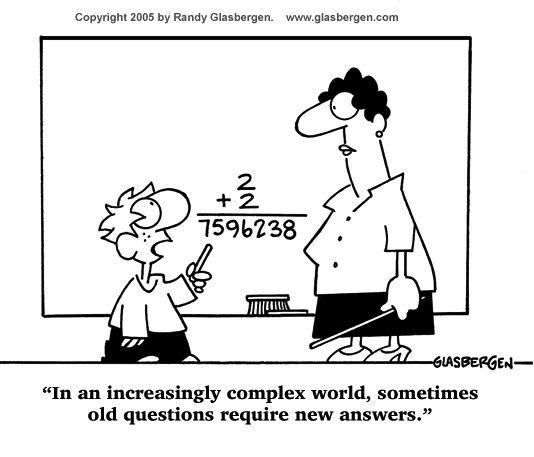
According to AKDOLWD the in-migration in 2010-11 was 40,886, with out-migration of 40,247, resulting in an increase of 639 new residents. By this same formula we can see from the Annual Components of Population Change information that migration to Alaska has resulted in a net LOSS of 51,403 residents between 2010 and 2020. Other factors also play a role in configuring the population, including births/deaths which have generally provided a minimum positive growth profile for Alaska. I have provided current screenshots of general population data from State excel sheets for easy review.
[5]
So, How Many Alaskans Voted Over those Same Years?
From Division of Election reports:
11/02/2010 General Election: 494,876 Registered Voters, 258,746 voted 52.29%
11/06/2012 General Election: 506,432 Registered Voters, 301,694 voted 59.57%
11/04/2014 General Election: 509,011 Registered Voters, 285,449 voted 56.8%
11/08/2016 General Election: 528,671 Registered Voters, 321,271 voted 60.77%
11/06/2018 General Election: 571,851 Registered Voters, 285,009 voted 49.84%
11/03/2020 General Election: 595,647 Registered Voters, 361,400 voted 60.67%
In simple terms Alaska had 494,876 registered voters in 2010 when our population was 722,473. Exactly 258,746 votes were cast that year. One decade later, Alaska in 2020 had roughly 595,657 registered voters, and a reported population of 728,903. That year 361,400 votes were cast. This was an increase of exactly 100,778 voters over the same time that Alaska experienced a population decline of 51,403 people. Not only that, but 102,654 MORE votes were CAST in 2020 than in 2010.
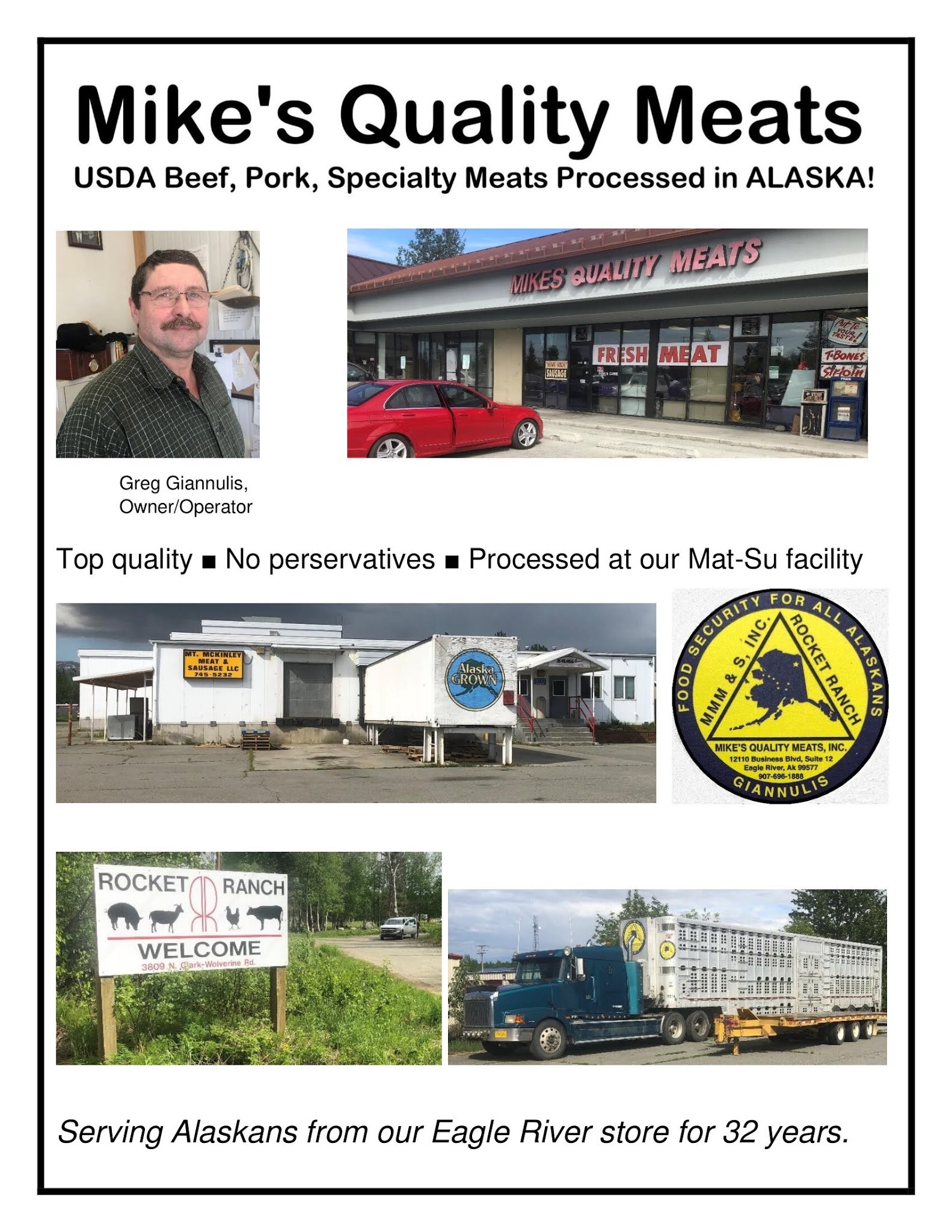
Alaskans Deserve Accountability
The Alaska Permanent Fund will be the legacy of my generation; not increased Medicare benefits or do-gooder non-profit corporation money pits. I knew all the guys who were involved in making the Permanent Fund happen, from Gov. Jay Hammond to House Speaker Hugh Malone, and the rest. I was an idealistic young man when the creation of a fund from resource wealth–for the people who live here–was established in lieu of pissing it all away on more state government. I listened to Rep. Tom Fink and Sen. Nick Begich in Nick’s living room talk about the wealth Alaska was about to receive from the North Slope after the lease sale of 1969 set the stage. I could not imagine what it all meant then, but I have watched it all in real time, and today I am ashamed for the spectacle Alaska has become.
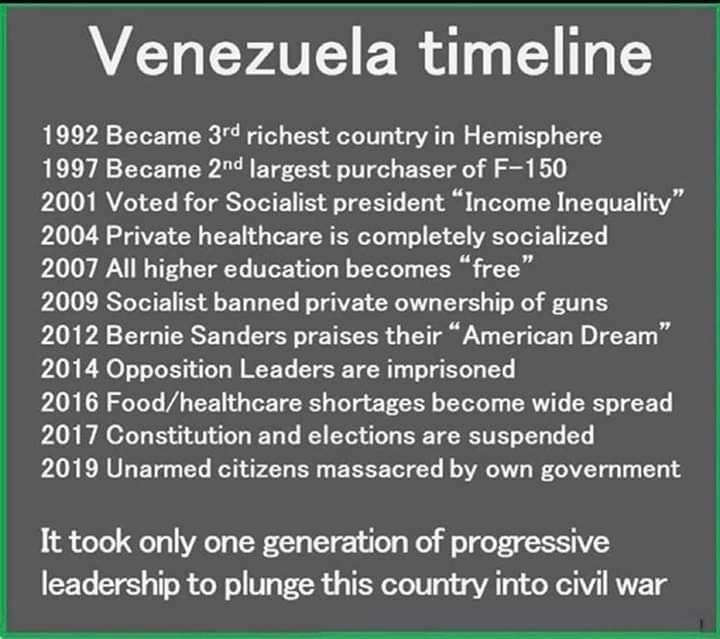
Everybody in the world knows about Alaska wealth. We are a target and we elect people who should know that they have an obligation to protect Alaska as a state and her people. Instead they have mostly behaved as pigs at a trough serving special interests in BackwaterJuneau.
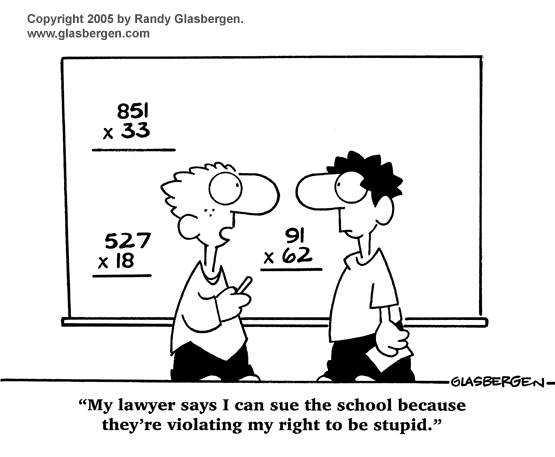
We elect the candidates available in our districts, who drop everything in their lives and go to backwater Juneau for an annual three-ring circus. Our last one-term governor, Bill Walker even tried to sell Alaska out to China. His Lt. Governor was not chosen in the Democrat primary, and Byron Mallott left office in disgrace.
Our schools are at the bottom of the nation in academic excellence, but more than 50 school boards aligned with NEA-Alaska have kept the money spicket open regardless of academic outcomes.
We who are still left here during this decade-long exodus received a wake-up call when store shelves quickly emptied from an earthquake, and again when pandemic struck. We have realized our food supply will be inadequate for any more than a few weeks in case of a real future calamity. All our elected officials have been able to do for decades is spend money and pander to special interests knowing our now $70 Billion Permanent Fund is their backup. Seattle feeds the suburb of Juneau very well.
This writer stands accountable for my votes. I have picked who I thought would serve the interests of Alaska as we have been awash in money and short on vision. All it has taken was a couple of natural calamities to bring me to my senses. I know others who are also awaking from their political hibernation.
Our elections shouldn’t be run like a computerized gambling casino where the house always wins no matter what those of us who have stood for what is good and right might want. We now have some cockamamie Ranked Choice voting scheme initiative, denying the Republican Party a closed Primary Election, that ranks candidates instead of giving voters specific one-man-one vote candidate choices.
Pull the Handle down and see which three fruits spin to a random conclusion over voter wishes under RCV.
I have no illusions about our already elected officials demanding our elections be authentic and true, but I learned living in the meridian rainforest of Juneau over 20 years that it is up to me to wear rain pants when somebody in authority might be pissing on my leg and telling me it is raining.
Lt. Governor Kevin Meyer dropped the ball, then gave up when Alaskans needed to know what is going on. This is causing a lack of confidence in our elections.
Somebody needs to be held accountable.
References:
[1] Screenshot of final Division of Elections results. Douglas #1 chose Democrat Glenn Olds over Frank Murkowski for U.S.
Senator, Democrat Pegge Begich over Don Young for U.S. House, Democrat Jim Duncan over Lee Stoops for District C Senate, Democrat Fran Ulmer over Leslie “Red” Swanson, and Democrat Bruce Botello over Bill Hudson for Representative.
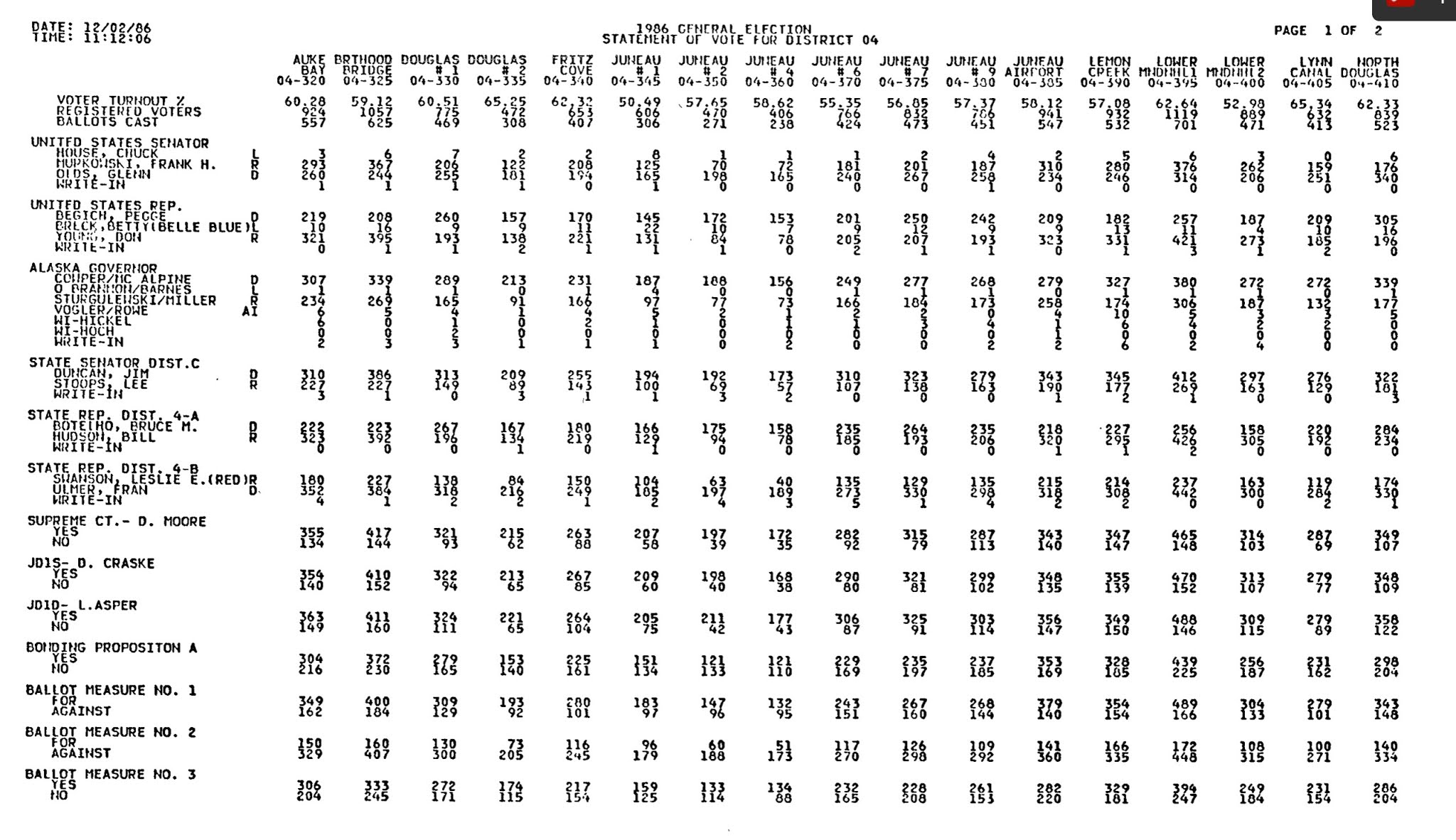
[2]Brave New World novel by Audous Huxley, 1931
https://en.wikipedia.org/wiki/Brave_New_World
From Wikipedia:
Brave New World is a dystopian social science fiction novel by English author Aldous Huxley, written in 1931 and published in 1932. Largely set in a futuristic World State, whose citizens are environmentally engineered into an intelligence-based social hierarchy, the novel anticipates huge scientific advancements in reproductive technology, sleep-learning, psychological manipulation and classical conditioning that are combined to make a dystopian society which is challenged by only a single individual: the story’s protagonist. Huxley followed this book with a reassessment in essay form, Brave New World Revisited (1958), and with his final novel, Island (1962), the utopian counterpart. The novel is often compared to George Orwell‘s Nineteen Eighty-Four (published 1949).
[3] Early Corruption from Oil Wealth
https://donnliston.net/2019/12/alaska-corruption-and-failed.html
[4] Department of Labor current population estimate:
https://live.laborstats.alaska.gov/pop/index.cfm
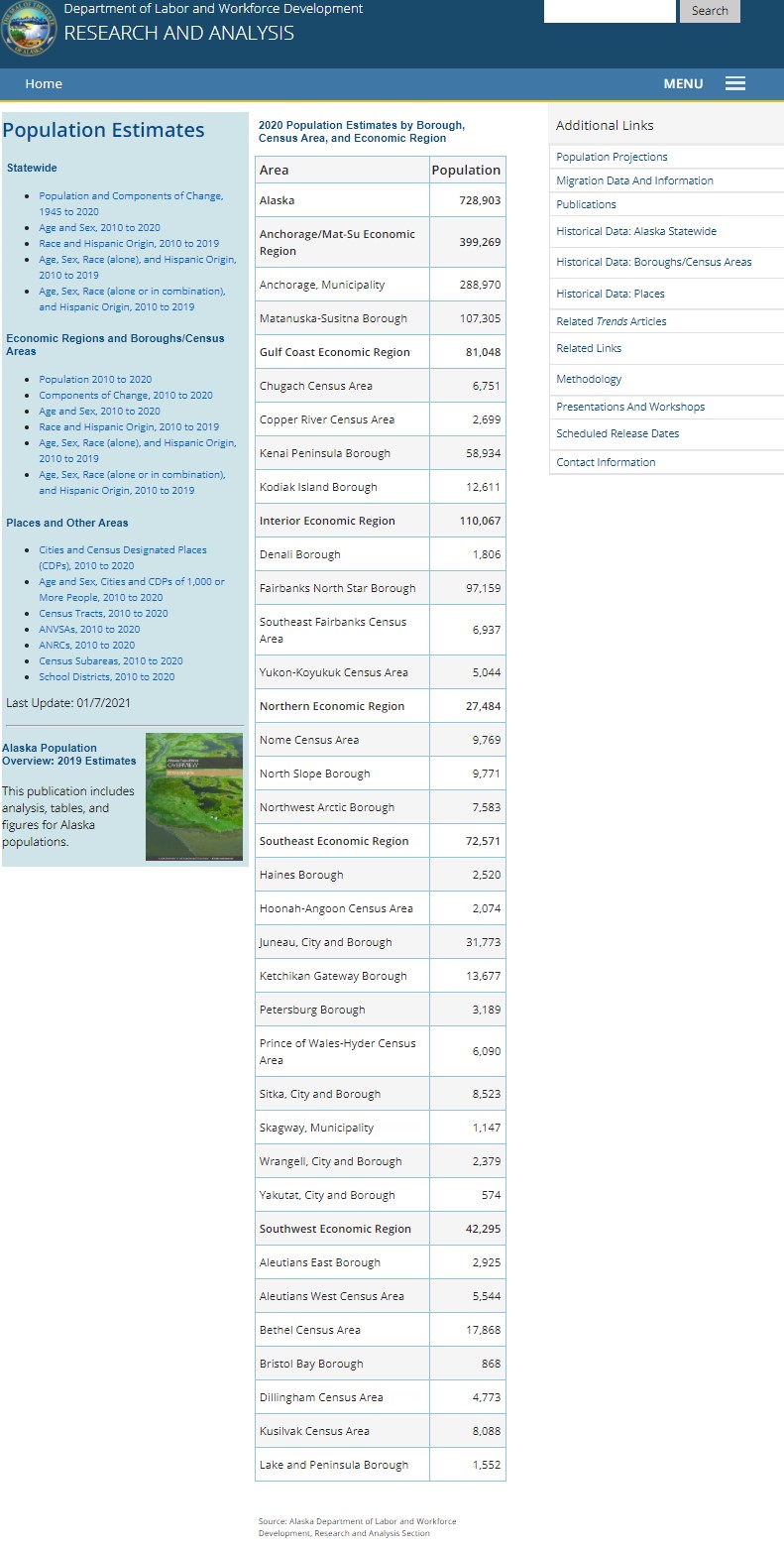
[5] Historical Population Trends
